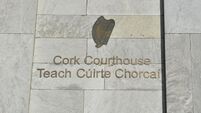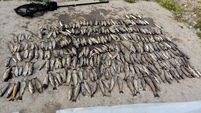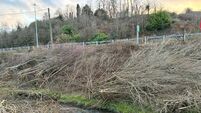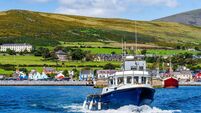Cork angling clubs to set up pollution monitoring systems in wake of River Blackwater fish kill
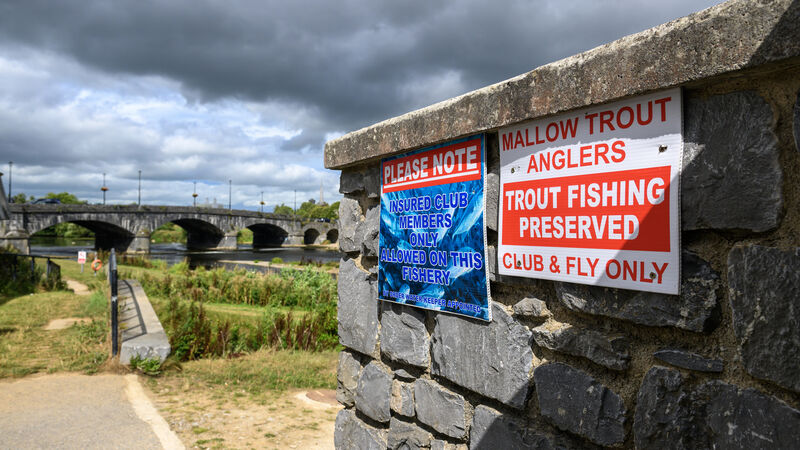
Angling clubs along the River Blackwater also intend to put up signs along the river asking the public to contact them if they witness pollution incidents. Picture: Dan Linehan
Angling clubs along Cork's River Blackwater impacted by the largest fish kill in the history of the State are going to install their own pollution monitoring systems, having lost faith in the agencies supposed to protect it.
Killavullen Angling Club secretary John Flynn said his and other clubs in the area also intend to put up signs along the river asking the public to contact them if they witness pollution incidents.




